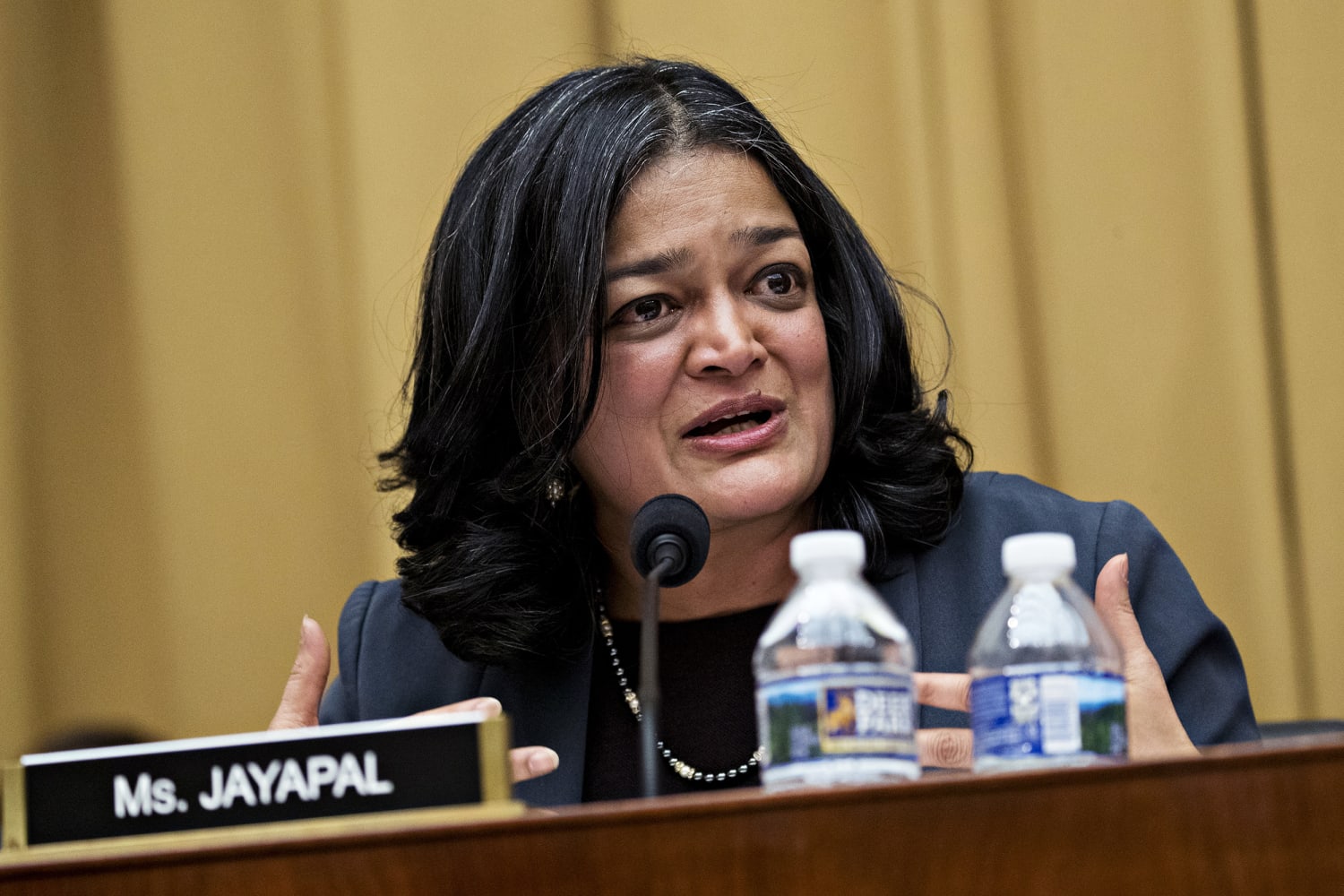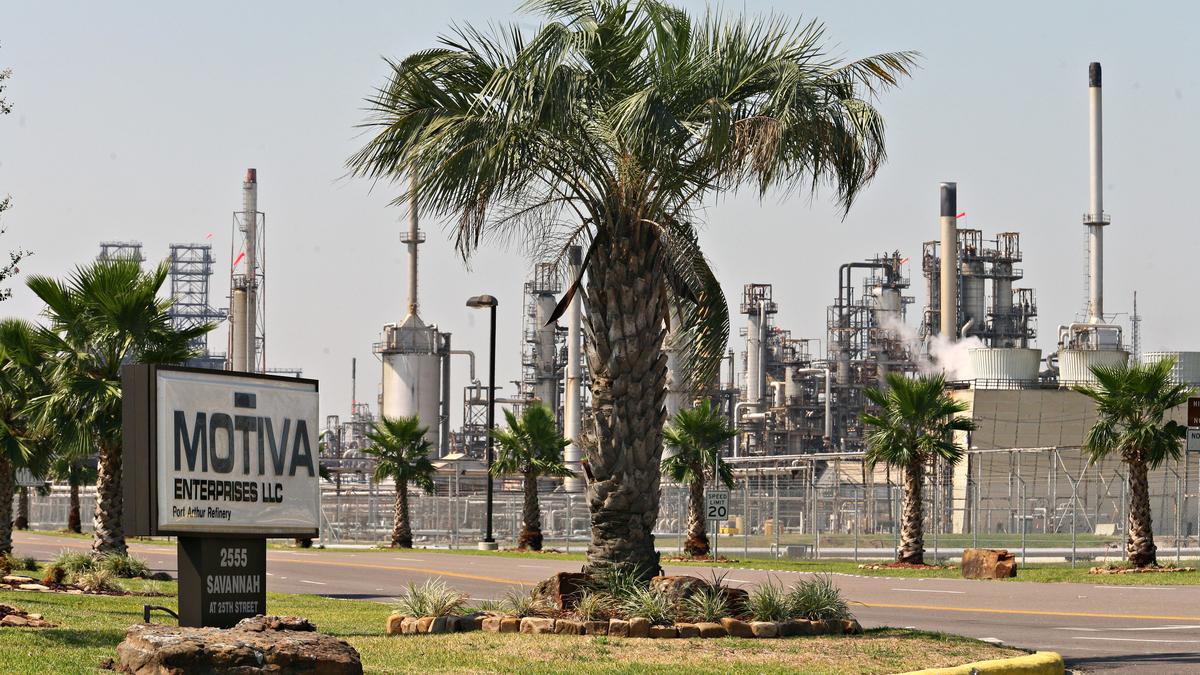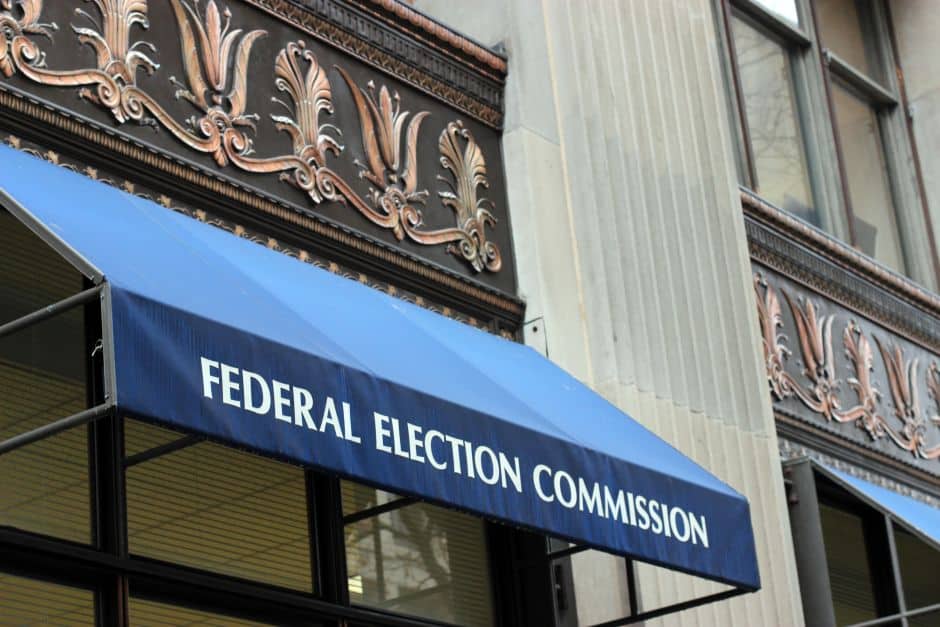
Uber Technologies, a company which already had a less than sterling reputation, now has to contend with more blemishes on its record, thanks to a massive leak of internal documents to the International Consortium of Investigative Journalists.
Using what has been dubbed the Uber Files, ICIJ and partner media outlets such as The Guardian and The Washington Post have published a flurry of articles describing how the company, during a period when cofounder Travis Kalanick was still CEO, used a variety of aggressive techniques to fight regulators as it sought to conquer the tax industry around the world. At the same time, the company ingratiated itself with numerous world leaders to help in its expansion. Some Uber executives liked to refer to themselves as “pirates.”
While many of the details are fascinating, the main revelations in the Uber Files are far from surprising. The company was already known for ruthless tactics. In the United States alone, Uber has racked up more than $300 million in fines and penalties. About half of that total comes from a single settlement with a group of states which alleged that it tried to cover up a data breach affecting over 50 million customers.
Uber paid $20 million to resolve Federal Trade Commission allegations that it misled prospective drivers with exaggerated claims about earnings potential and about the availability of vehicle financing. It paid $10 million to Los Angeles and San Francisco counties (another $15 million was suspended) in settlement of allegations it misled customers about the background checks it carried out on its drivers. It was fined numerous times by state regulators for operating without proper authority or for failing to comply with reporting requirements.
It is clear that Uber, especially during the Kalanick era, has regarded regulation with contempt. One cannot help but suspect that the company’s name is meant to portray it not only as being above its competitors but also above the oversight of governments.
While Uber has been quite brazen in its hostility toward regulation, that opposition is hardly unusual. The Uber Files are appearing not long after the rightwingers of the U.S. Supreme Court handed down a ruling that not only blocked the Biden Administration’s effort to limit greenhouse gas emissions but may also lead to the dismantling of many other forms of government oversight of business.
There is now growing concern that the Court could revive rulings such as the 1905 Lochner decision which struck down a New York law that prohibited employers from imposing excessive working hours. Lochner held sway for several decades until giving way to the labor protections adopted during the New Deal era.
It is not hyperbole to suggest that the Court wants to bring back an economy that resembles the laissez-faire system of the 19th Century. That is, after all, an implication of the originalism the rightwing Justices claim to espouse. If Roe has to be overturned because the Constitution says nothing about abortion, then don’t laws about fair labor standards or product safety also have to fall because the founders did not address those issues either?
It may be that the bigger threat comes not from business executives pretending to be pirates but from extremists in black robes laying waste to essential government safeguards.






:max_bytes(150000):strip_icc()/48126619532_f99720960b_k-4440c9ca18eb40d39353e807e7cd56ba.jpg)


You must be logged in to post a comment.